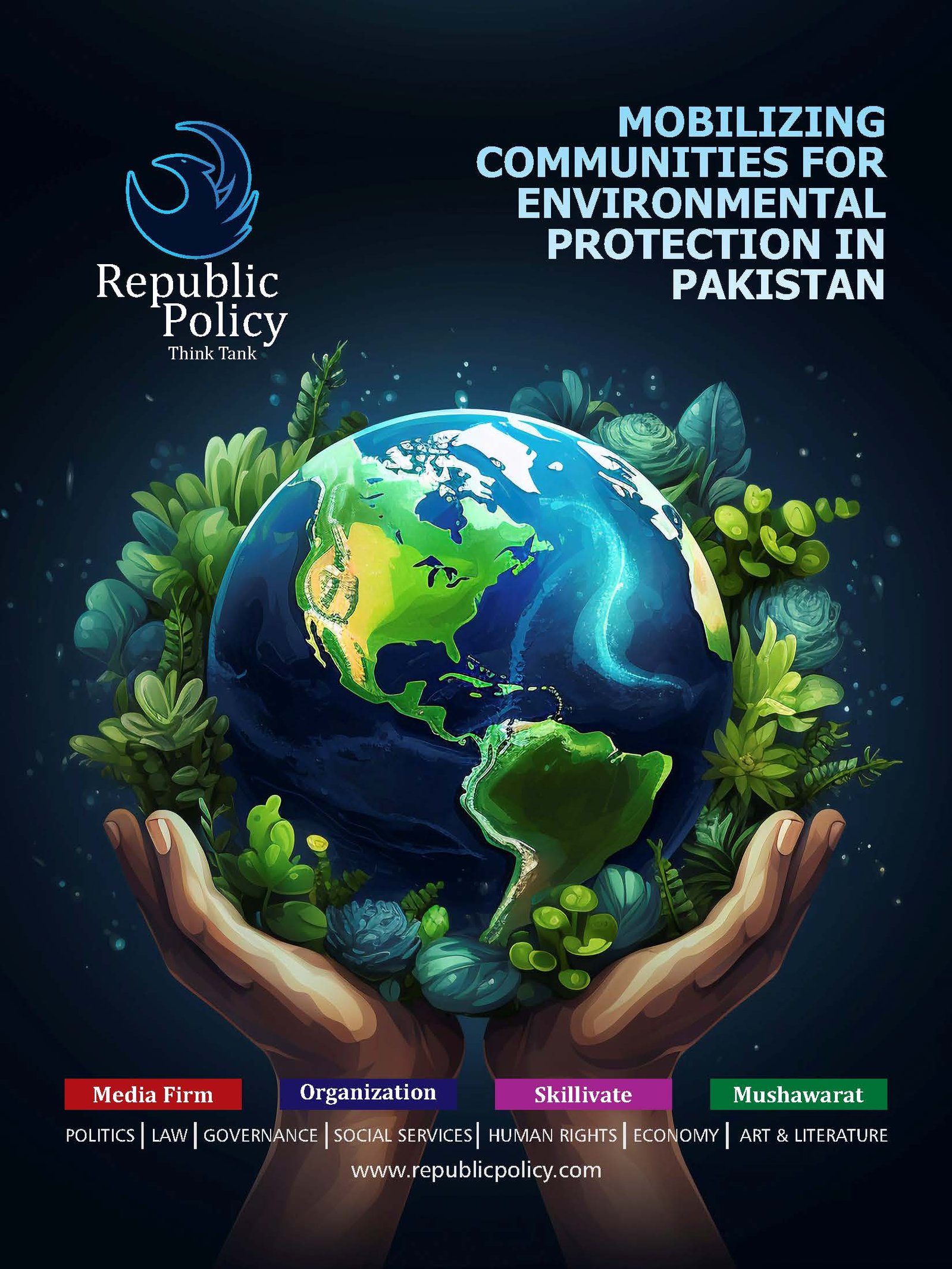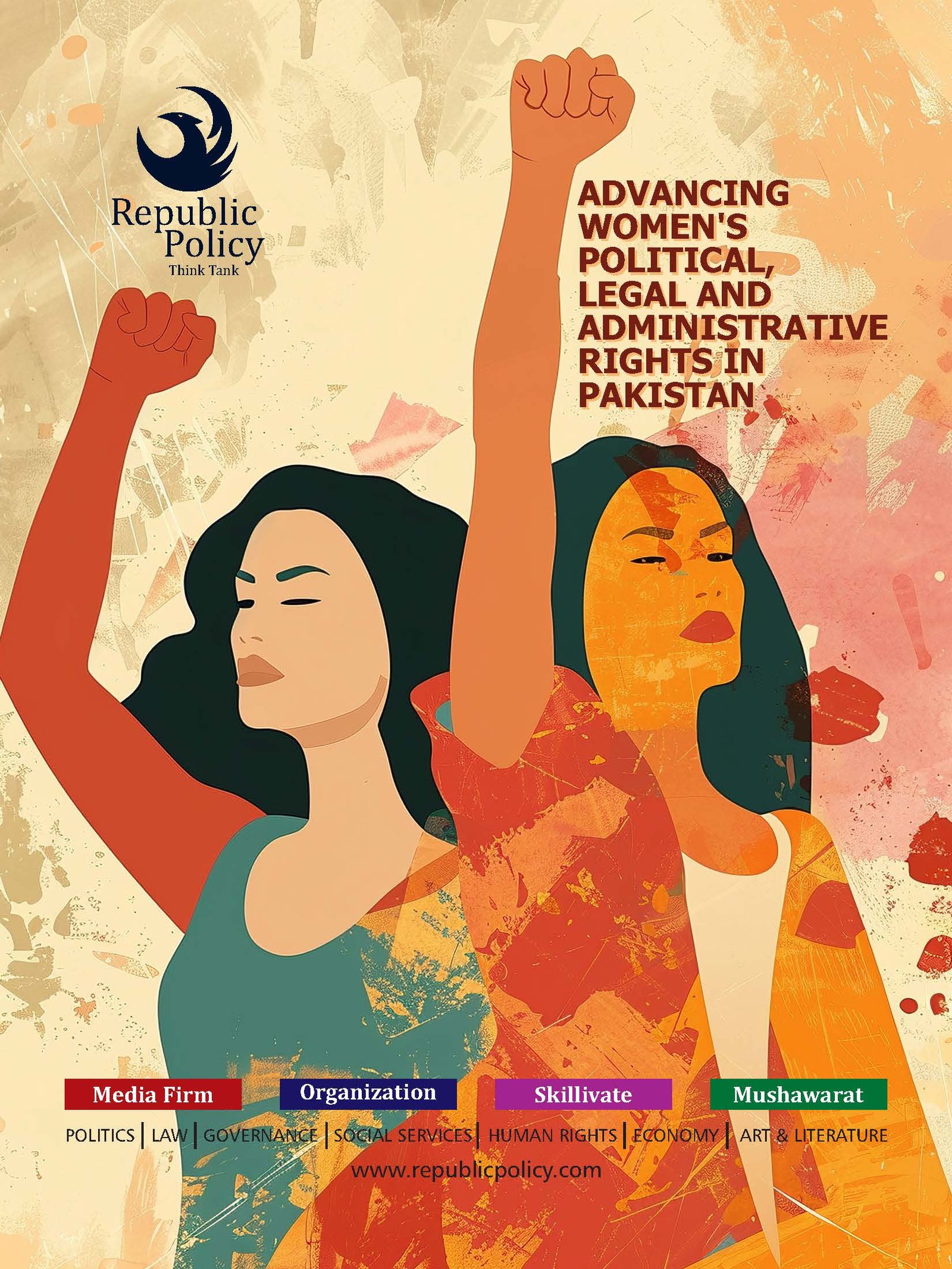

ADVANCING WOMEN’S POLITICAL, LEGAL AND ADMINISTRATIVE RIGHTS IN PAKISTAN
Desk
[post-views]

[post-views]

Search the Blog
Suggestion
Latest Videos



"Republic Policy Think Tank, a team of dedicated volunteers, is working tirelessly to make Pakistan a thriving republic. We champion reforms, advocate for good governance, and fight for human rights, the rule of law, and a strong federal system. Your contribution, big or small, fuels our fight. Donate today and help us build a brighter future for all."
Copyright © 2025 Republic Policy
| Developed and managed by Abdcorp.co